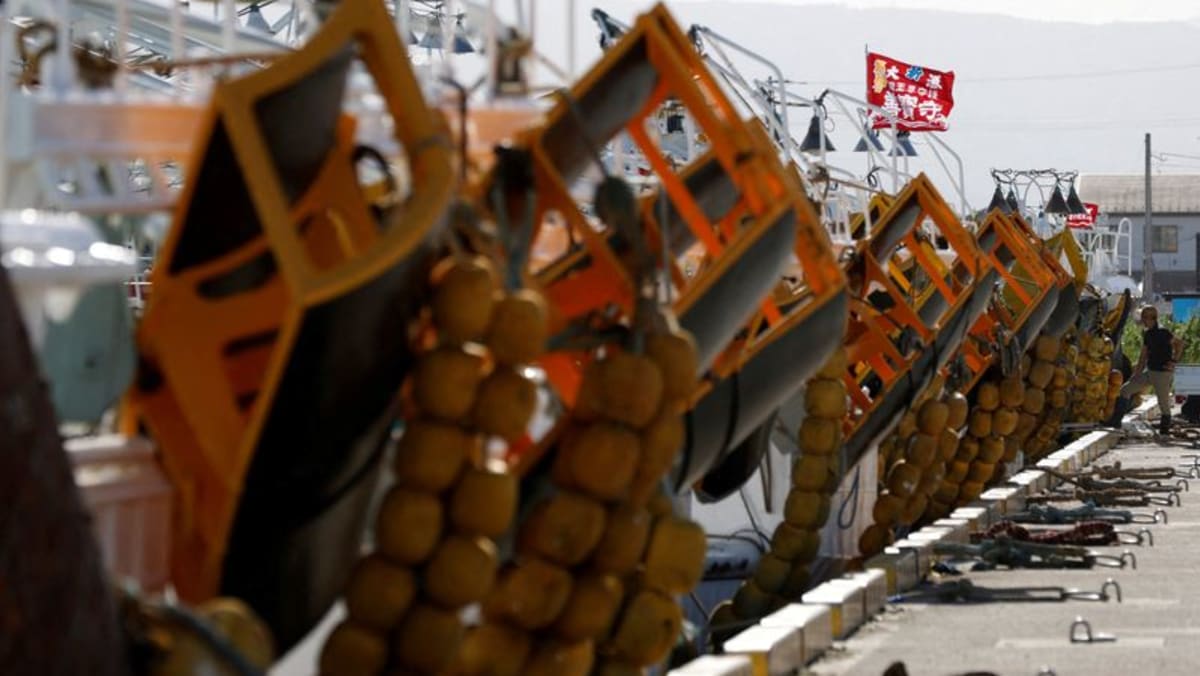MOSCOW: Russia has joined China in imposing restrictions on the import of fish and seafood from Japan, Russia’s agricultural watchdog Rosselkhoznadzor said on Monday (Oct 16).
Japan started releasing treated radioactive water from the wrecked Fukushima nuclear power plant into the Pacific Ocean in August – a move that Tokyo says is safe – and was criticised by China, which subsequently banned all seafood imports from Japan.
Russia said the restrictions were imposed as a “precautionary measure” and would remain in place until comprehensive information showed the seafood is safe.
Japan’s Ministry of Agriculture, Forestry and Fisheries said on Monday that Russia’s ban had “no scientific basis, is unjust and regrettable”, calling for it to be revoked, Kyodo news agency reported.
In a statement released on Monday before Russia announced its ban, Japan’s foreign ministry said that it has provided Russia with additional information by Oct 15 following an online dialogue between the relevant state bodies on Oct 10.
Related:
Second round of Fukushima wastewater release begins
Russia mulls joining China in banning Japanese seafood imports
“Japan will continue to provide explanations based on scientific evidence to Russia in a highly transparent manner and in good faith, while undergoing the review by the IAEA (the International Atomic Energy Agency),” the Monday statement said.
On Oct 10, the Japanese foreign ministry said that the Japanese side had explained to Russia its inspection methods for radioactive materials, including tritium, in aquatic products and “the safety of Japanese aquatic products based on scientific evidence”.
A significant portion of Russia’s fish and seafood is caught in the waters of its far eastern regions that are relatively close to Japan. Additionally, over January to September, Russia imported 118 metric tonnes of fish and seafood from Japan, according to Rosselkhoznadzor.
Japan, meanwhile, is among the biggest export markets for Russian seafood, along with China and South Korea.
The IAEA Marine Environmental Laboratories will visit Japan from Oct 16 to 23 for inspection of the Fukushima water release, and independent third-party laboratories from Canada, China and South Korea will participate in this year’s monitoring.




